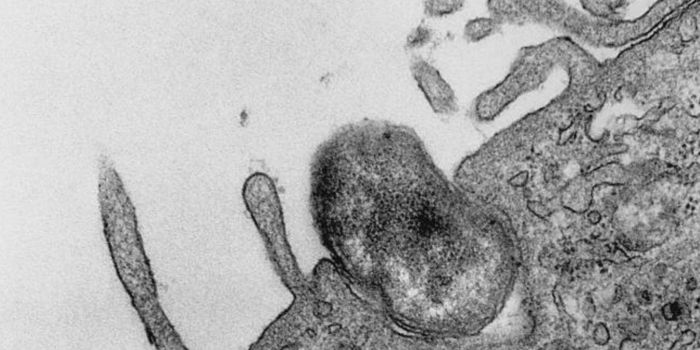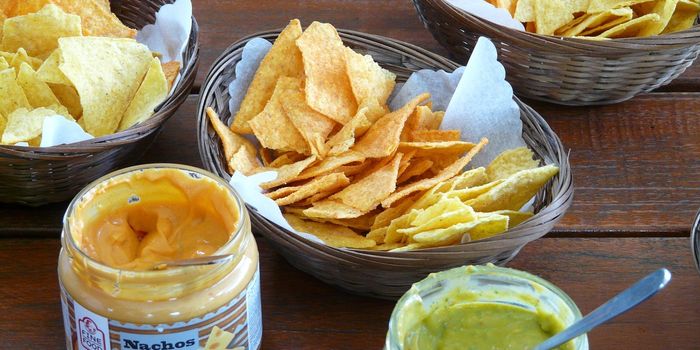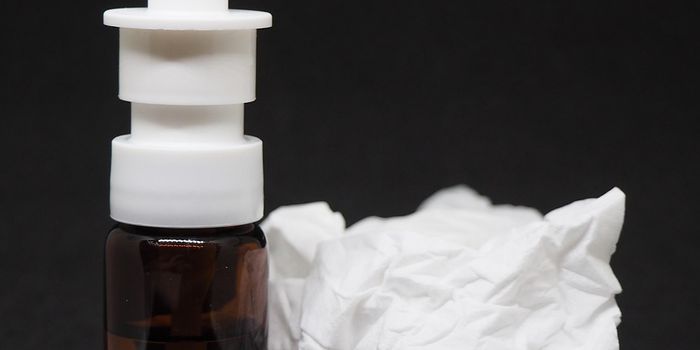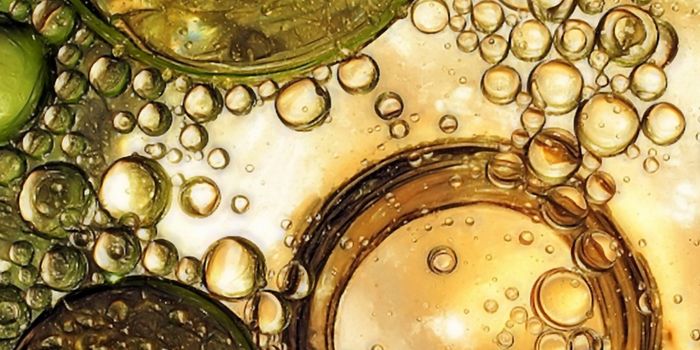Small Molecule Could Help Redheads Avoid Melanoma
Aside from their iconic fiery mane, redheads are also often blessed with pale skin and plenty of freckles. With their fair complexion, people with red hair are more likely to burn than tan, which means they can't stay out in the sun for very long even with sun protection. Scientists have pinpointed the genetics behind a redhead’s propensity for burning. But a recent research suggests there’s a small molecule that could possibly reverse the risk of skin cancer in red-maned people.
Scientists have pinpointed one gene, the melanocortin 1 receptor (MC1R) gene, as responsible for at providing the instructions for making the pigment protein melanin that gives color to the skin and hair. Inactivity of the MC1R gene causes the production ofphenomelanin, which leads to fairer skin, hair, and freckles. The recessive version of the gene is commonly dubbed the "ginger gene." With less melanin, redheads are most susceptible to DNA damages caused by ultraviolet radiation from the sun.
But how MC1R drives the risk for melanoma was still not entirely clear. "Up until now our understanding of the molecular biology of melanomagenesis (developing melanoma cancer) lacks explanations for how MC1R is affected by UV radiation, why redheads are more prone to melanoma, and whether the activity of red hair color variants could be restored for therapeutic benefit,” said Dr. Rutao Cui, a professor of pharmacology at Boston University School of Medicine.
Driven by this curiosity, Dr. Cui and his team investigated the mechanism behind MC1R and melanoma. By studying the process in cell and mouse models, the team made a significant discovery. They found that a chemical process known as palmitoylation is involved in turning the MC1R receptor on in response to sun exposure. In redheads and others who have a mutated version of the gene, the palmitol tag can’t be added, which halts the pigmentation process.
Things got even more interesting when the team treated MC1R mice with palmostatin B, a small molecule that triggers palmitolylation. When exposed to UV ratidation, treated mice had a lower rate of developing melanomas than their untreated counterparts. In essence, treatment with the small molecule reversed the effects of the MC1R mutation that makes skin more prone to cancer.
"These result suggest pharmacological activation of palmitoylation prevents melanoma skin cancer in this particular model," said Dr. Cui.
The results open up an exciting avenue for people who carry the MC1R mutation to reduce their risk for melanoma. "We hope our study allows for the development of a pharmacological prevention strategy for red-headed people to protect their skin and let them enjoy the sun like other people,” said Dr. Cui.
According to the Skin Cancer Foundation and BBC, skin types and cancer risks fall into 6 categories:
- Type 1 - Often burns, rarely tans. Tends to have freckles, red or fair hair, blue or green eyes
- Type 2 - Usually burns, sometimes tans. Tends to have light hair, blue or brown eyes
- Type 3 - Sometimes burns, usually tans. Tends to have brown hair and eyes
- Type 4 - Rarely burns, often tans. Tends to have dark brown eyes and hair
- Type 5 - Naturally brown skin. Often has dark brown eyes and hair
- Type 6 - Naturally black-brown skin. Usually has black-brown eyes and hair
Regardless of whether you are type 1 or type 6, health experts note that everyone is at risk for skin cancer. To minimize sun damage and risks for skin cancer, doctors recommend seeking shade when the sun is at its highest, from 10am to 4pm, and to use sun protection when exposed. Protection may be long-sleeves, hat, sunglasses, and sunscreen.
Additional sources: Boston University, MNT









